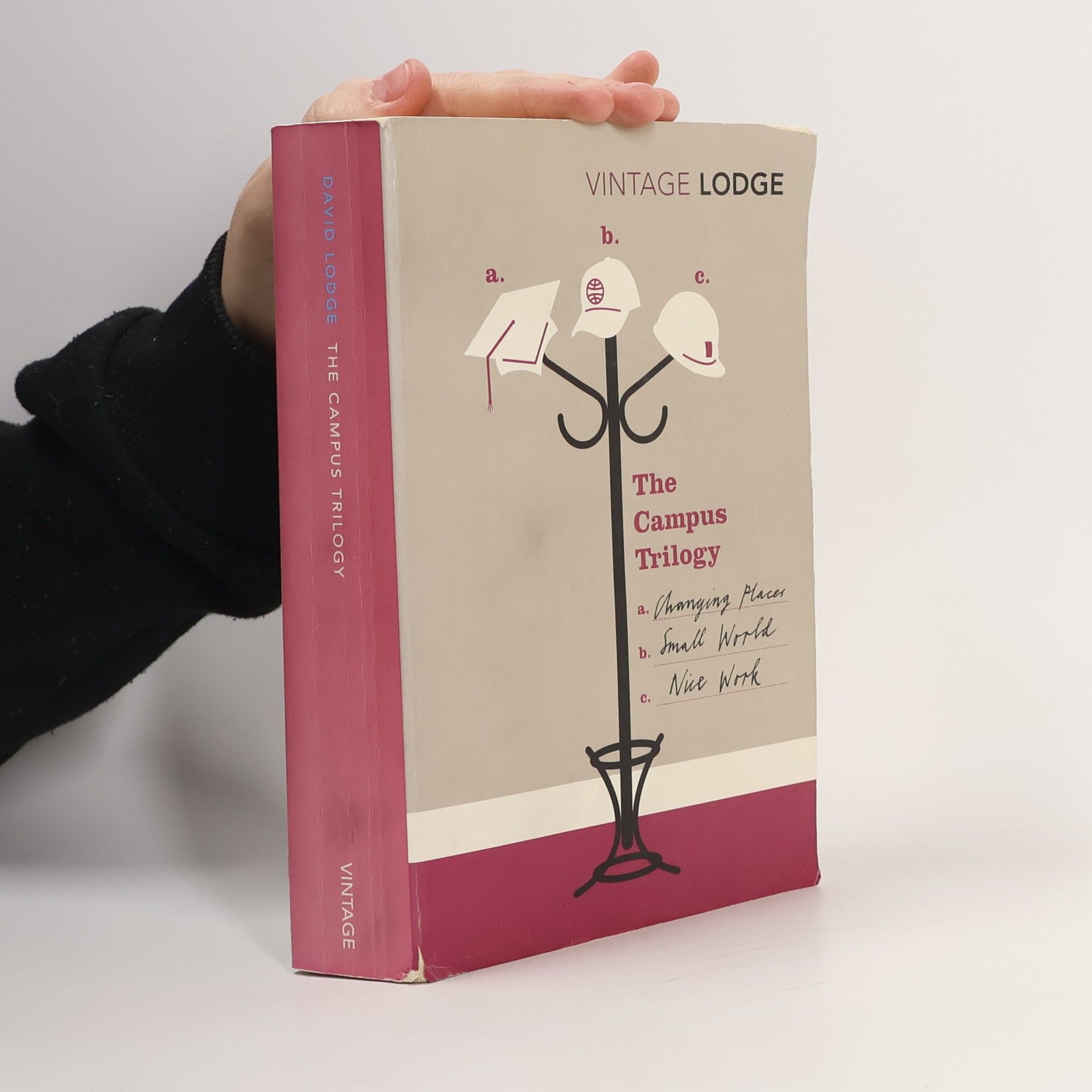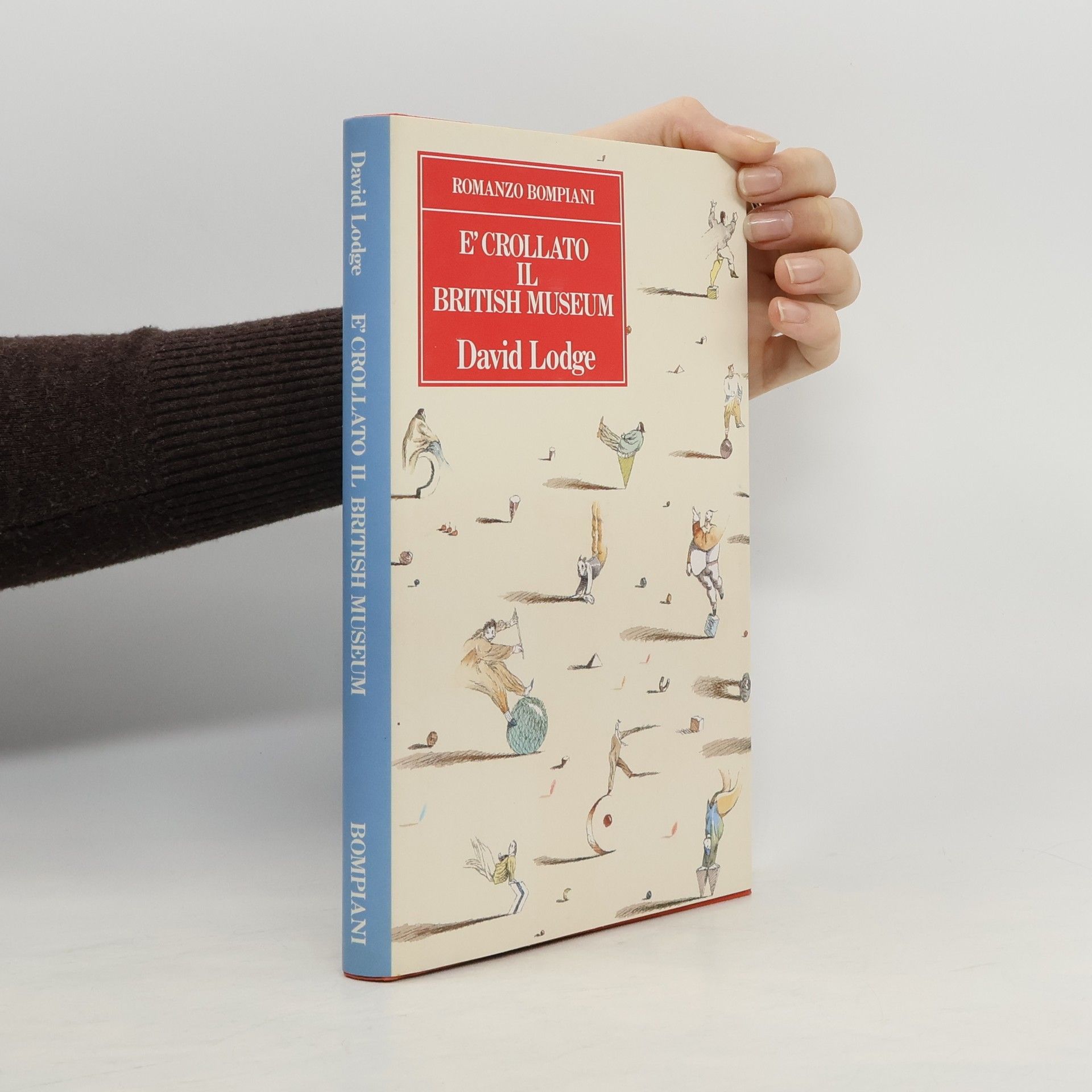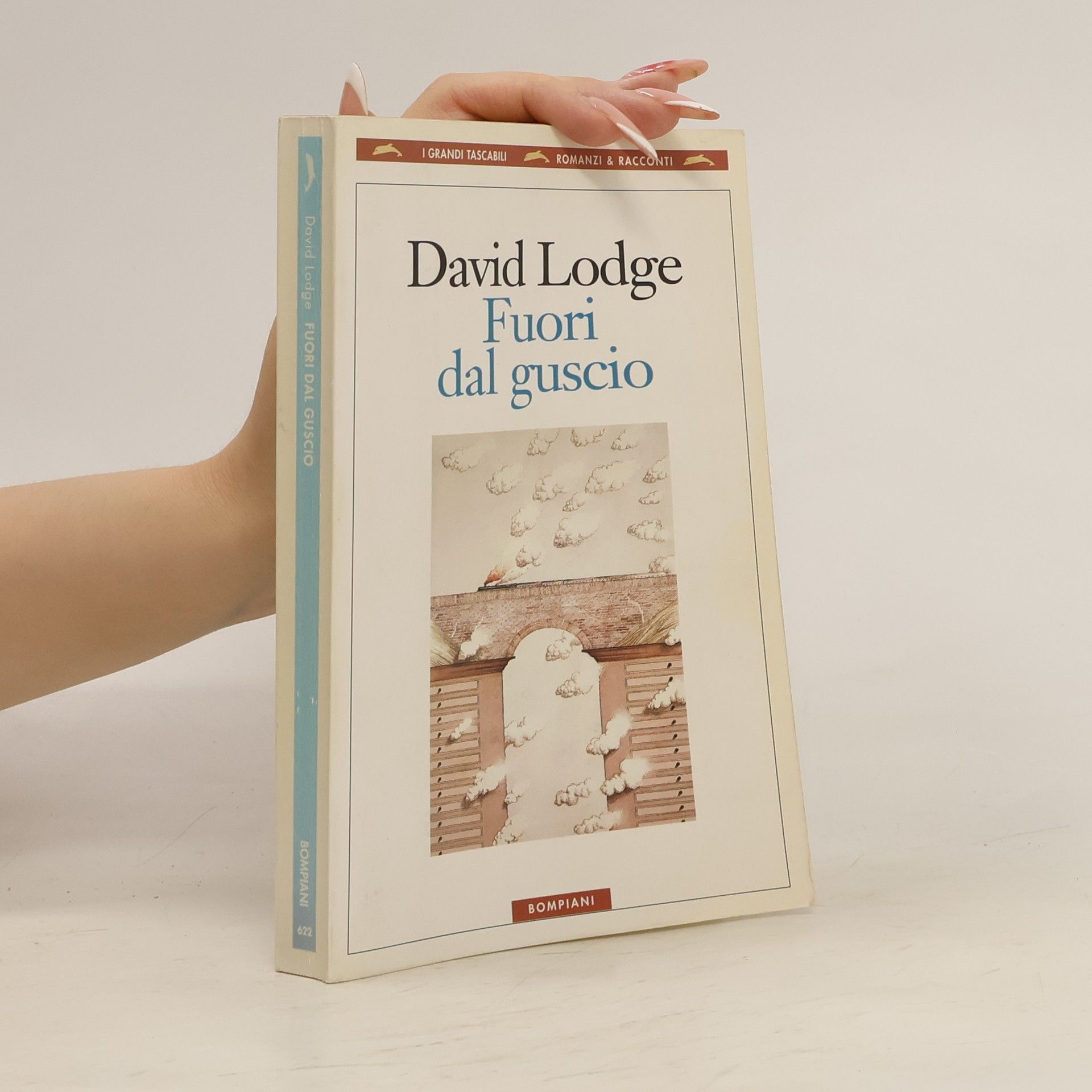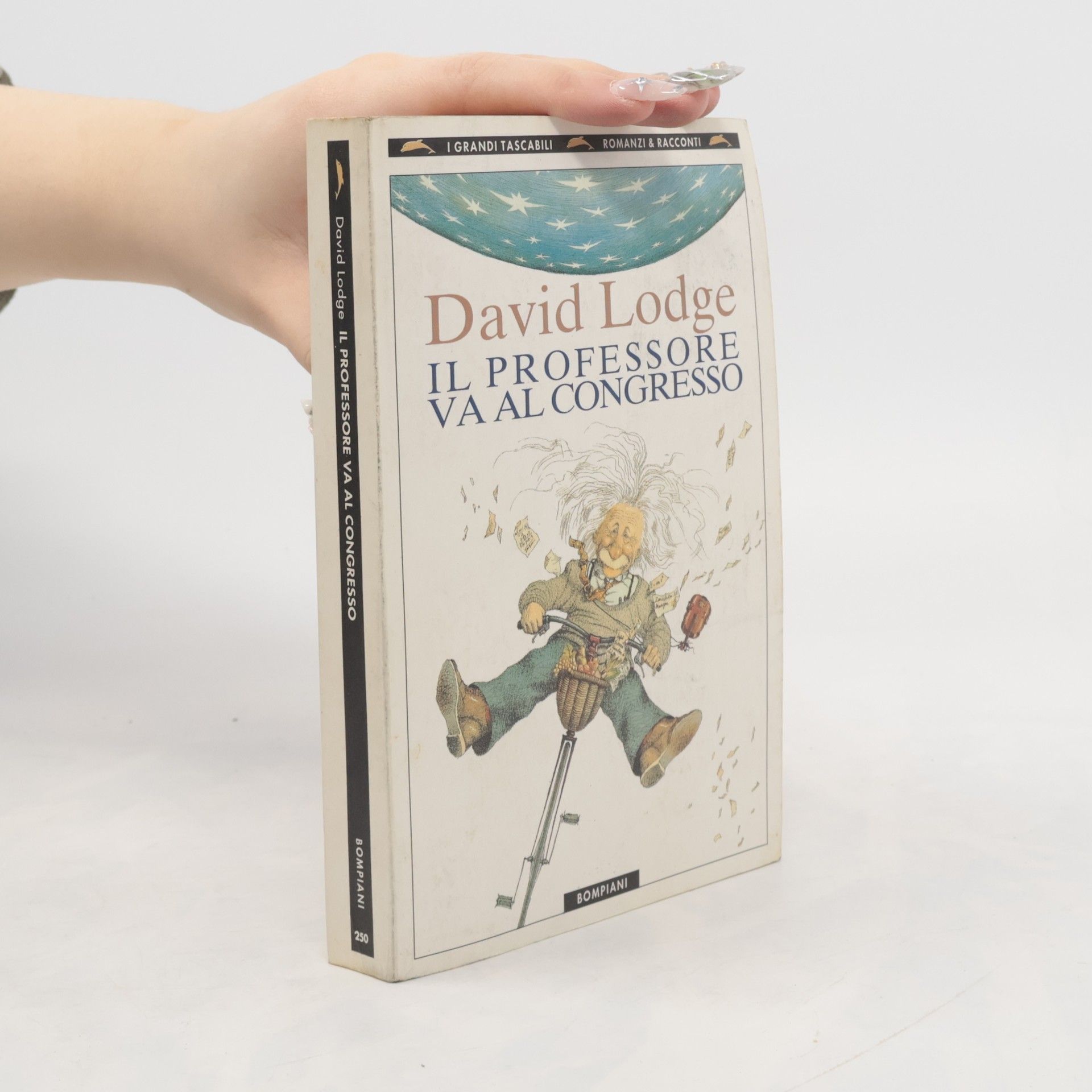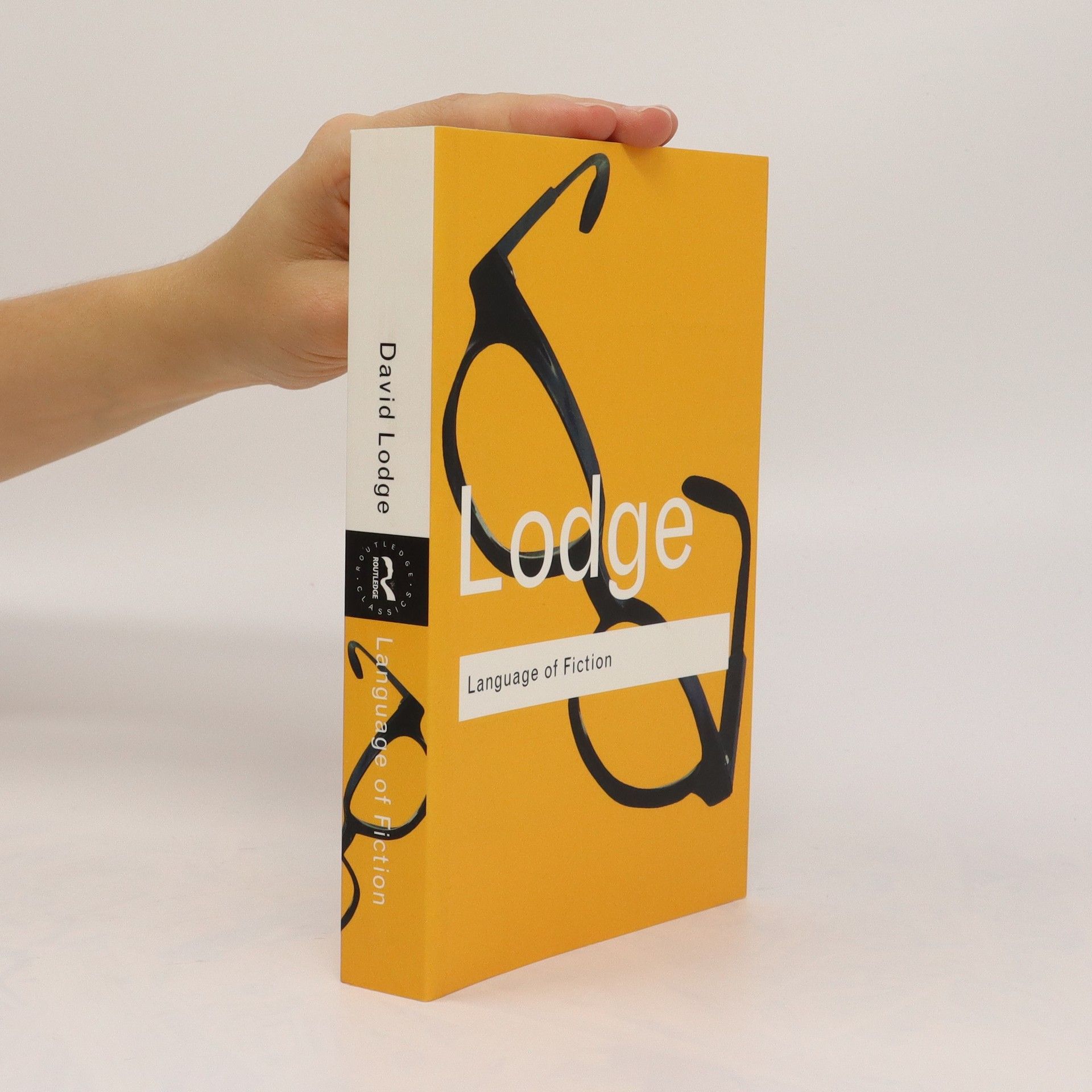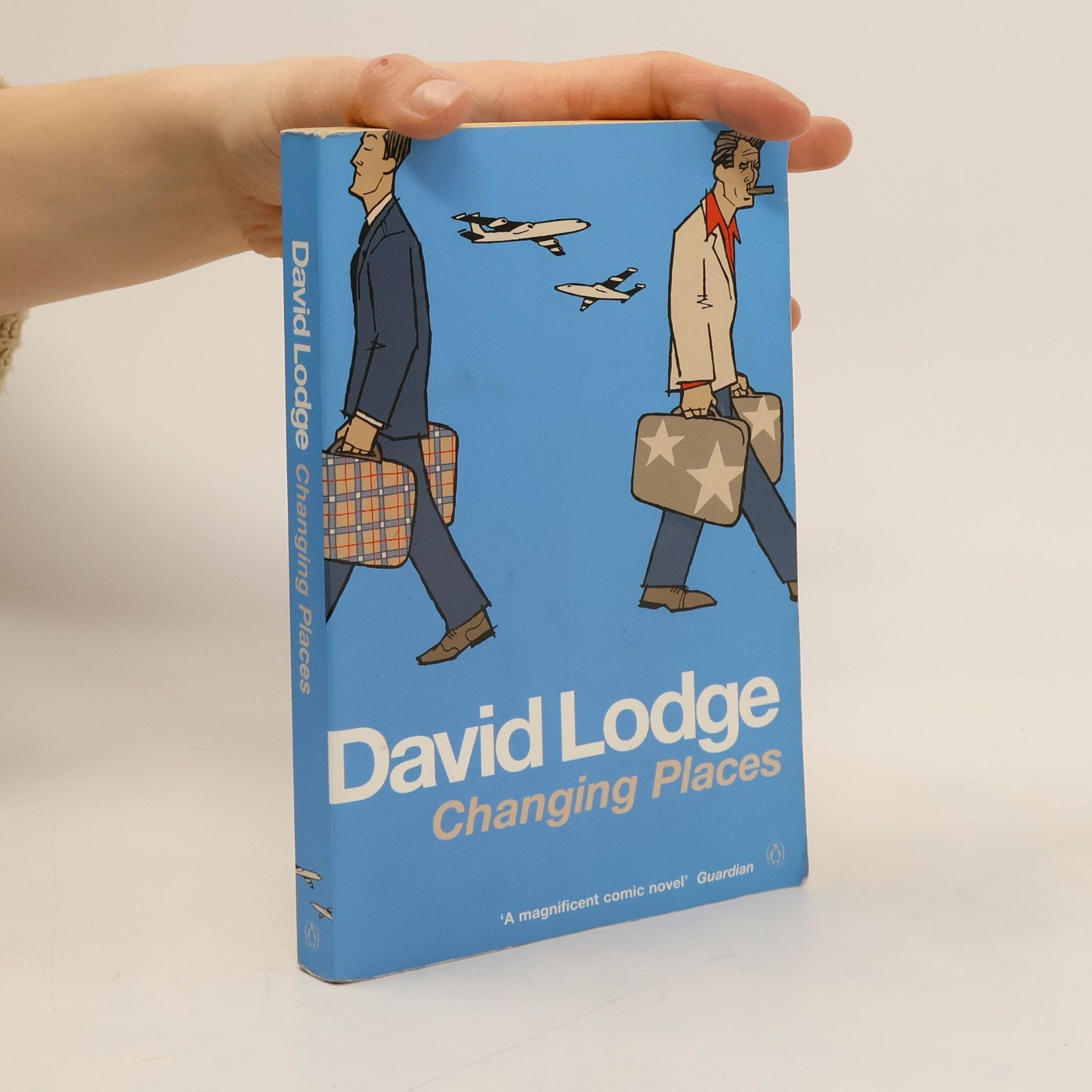Tascabili - 464: Quante volte, figliolo?
- 300pagine
- 11 ore di lettura
"Quante volte figliolo?" domandava una volta il sacerdote dalla grata del confessionale, dopo aver ascoltato l'elenco di tutti i peccati... Lo sguardo divertito di David Lodge si appunta questa volta su un gruppo di giovani studenti cattolici, di ognuno dei quali egli segue affettuosamente la storia a partire dalle prime esperienze sessuali - inevitabilmente vissute con senso di colpa - fino agli anni della maturità. Angela e Dennis, Ruth, Adrian, Violet e tutti gli altri si ritrovano in chiesa ogni giovedì mattina, si laureano, si amano, si sposano, lavorano, fanno figli nel contraddittorio travaglio dei mitici anni Sessanta e Settanta. E si interrogano sui dettami morali imposti dalla Chiesa cattolica romana, cui tutti appartengono. Con l'ironia che ben conosciamo Lodge alleggerisce - fino a sfiorare effetti di pura comicità - i toni di una materia che, di per sé, si avvicinerebbe di più al melodramma che alla commedia. Pubblicato direttamente in edizione economica, Quante volte, figliolo? (1980) è un romanzo fresco e divertente, la cui lettura regalerà senza dubbio momenti di grande serenità e piacevolezza.

